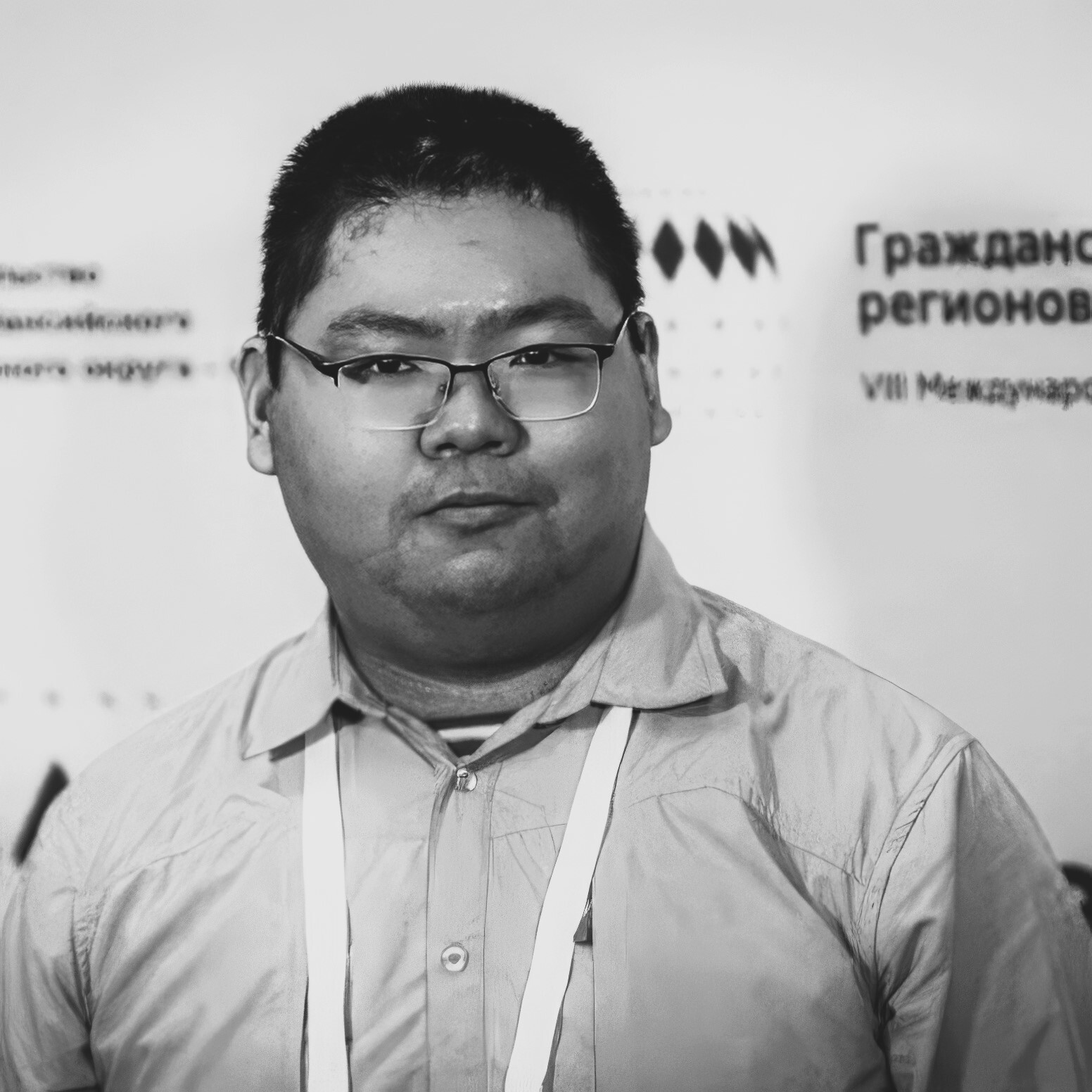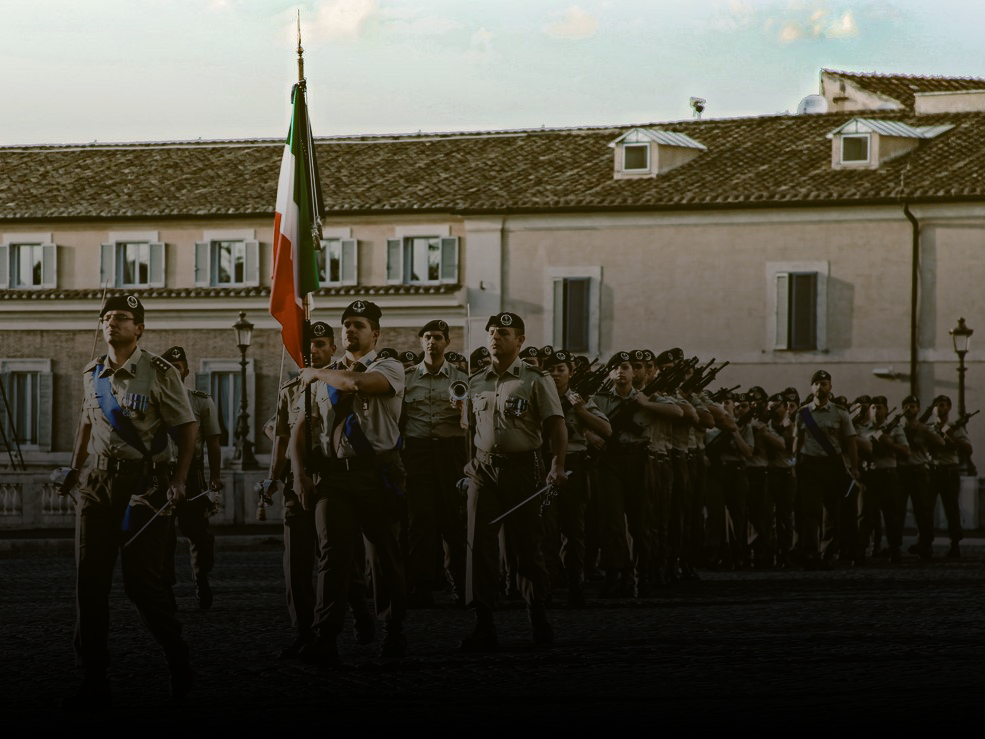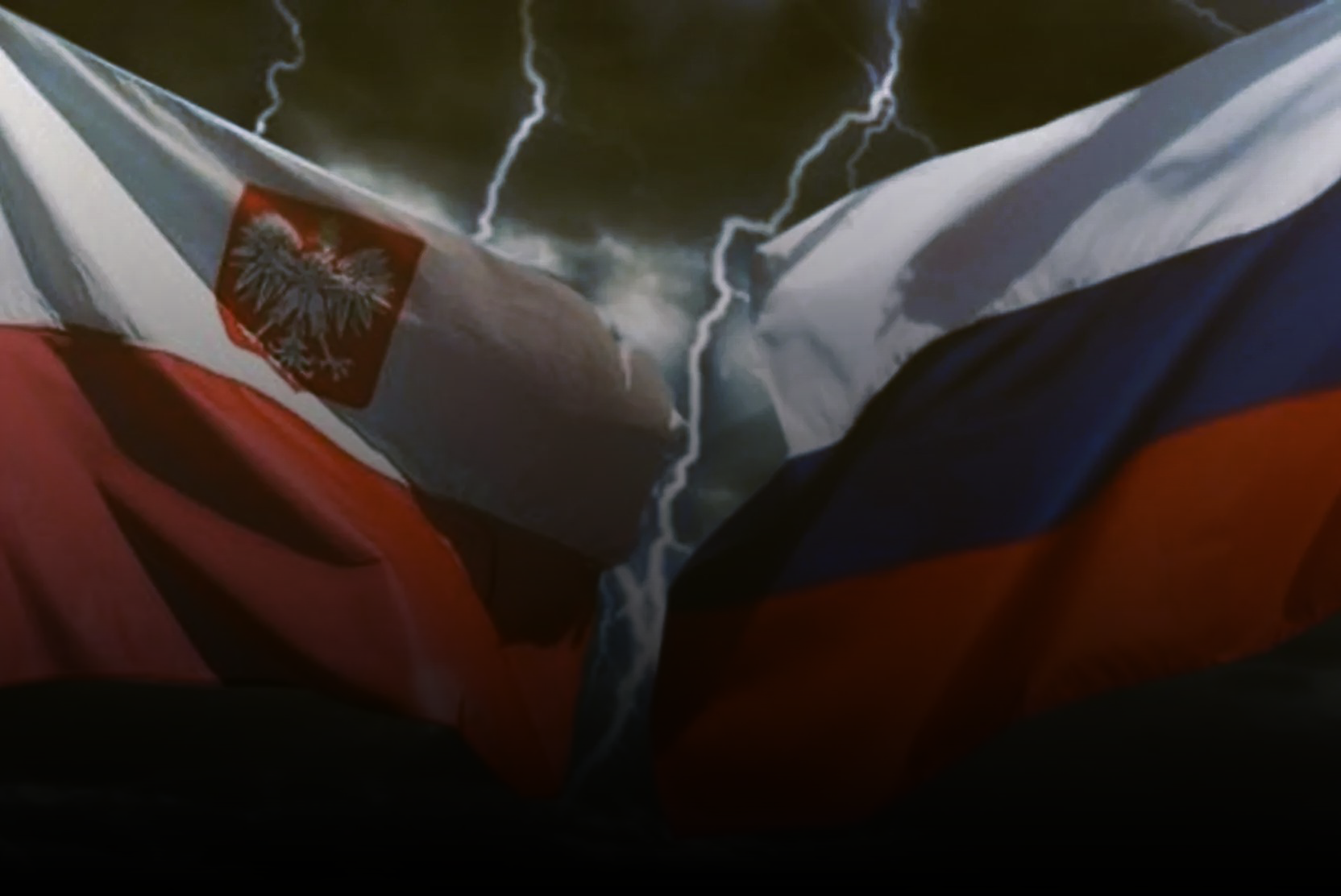Chinese Stance on the Russia-Ukraine Conflict
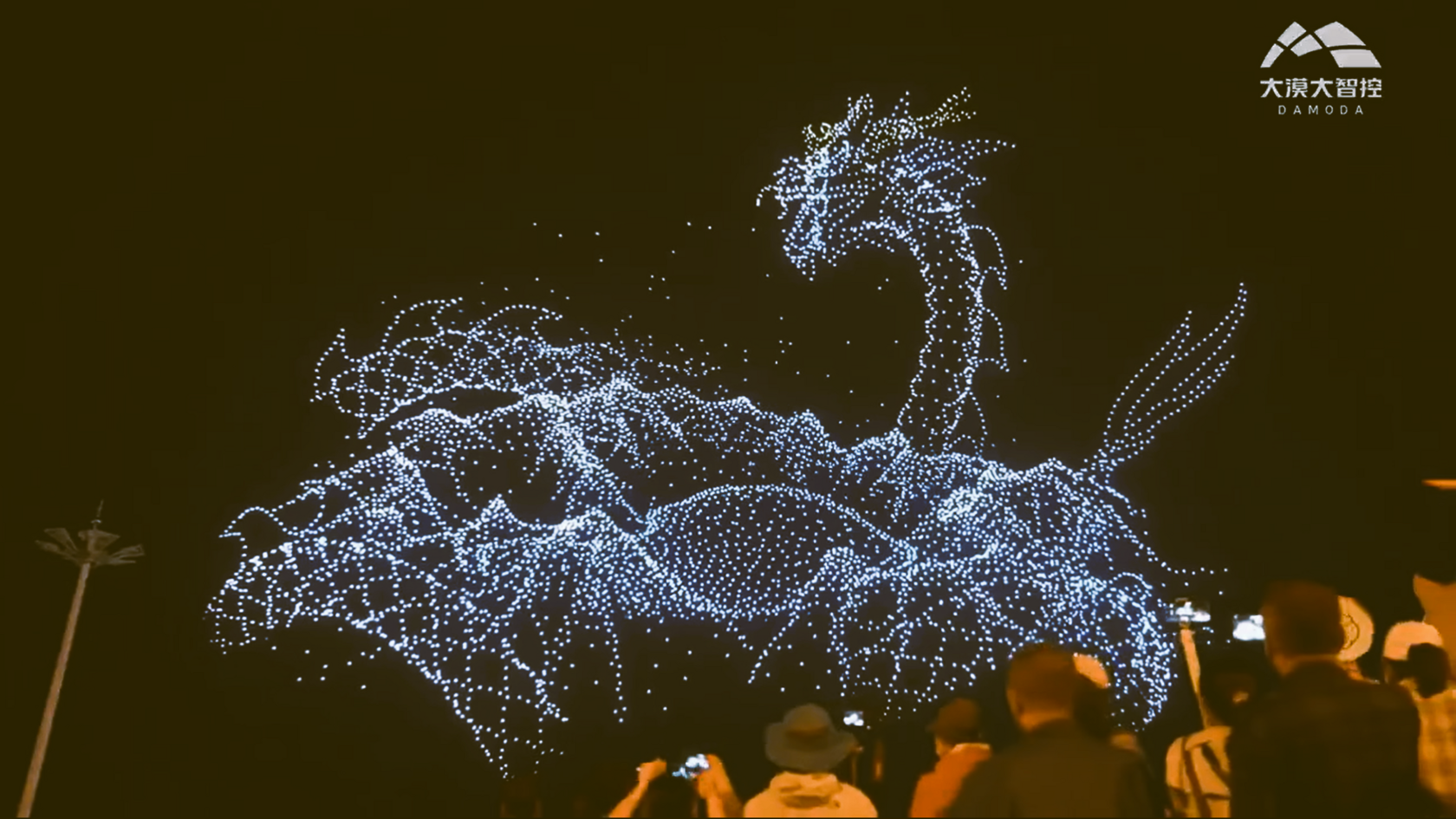
It has been nearly two and a half years since Russian President Vladimir Putin announced the commencement of the special military operation in Ukraine. During this time, the global situation has undergone significant changes. Hundreds of thousands of Russian and Ukrainian soldiers are fighting in eastern Ukraine. The war has not only caused massive casualties and destruction but also an unprecedented, nearly complete severing of relations between Russia, Ukraine, and Western countries. Since the conflict erupted, it is rare to see Russians, Ukrainians, and representatives from the West negotiating at the same table during international events.
Chinese Authorities Are Cautious in Expressing Their Stance on the Special Military Operation
When asked by a reporter whether Putin could count on China to help resolve the conflict, Mao Ning, Deputy Director of the Information Department of China’s Ministry of Foreign Affairs, responded: "China's position on the Ukrainian crisis is consistent and clear. We have always strived to promote peace and negotiations, making every effort to achieve peace. We are also ready to continue working with the international community to create conditions for resolving the political crisis and achieving peace."China’s Permanent Representative to the UN, Fu Cong, stated in his speech in July, when the Security Council discussed the issue of arms supplies to Ukraine, that China hopes both sides in the Russia-Ukraine conflict will continue to show political will, be able to meet each other halfway, and begin peace talks as soon as possible. Fu Cong emphasized that the quickest cessation of hostilities and the search for a political solution are in the best interests of all parties. Currently, the focus is on adhering to three principles: "avoiding the expansion of the military conflict zone, preventing the escalation of the war, and avoiding provocative actions from both sides." All parties involved in the current conflict have expressed, to varying degrees, their readiness for negotiations. The international community must create the conditions for this, provide assistance, and work together to resolve the political crisis.Professor Zhang Weiwei, Director of the China Institute at Fudan University, stated at the Xiangshan Forum in Beijing that, in his opinion, Europe has now lost peace and is facing a huge crisis, for which Europeans themselves are responsible. Five waves of NATO expansion eastward became the direct cause of the Russia-Ukraine conflict. In the past, well-known Western political scientists such as George Frost Kennan and Henry Kissinger had long warned that NATO's eastward expansion would lead to serious problems, and ultimately, this is what happened.
China's position in the Russia-Ukraine conflict will still be tested by history.
China seeks to promote peace and negotiations. At the same time, it is important to clarify the origins and ambiguities of the Russia-Ukraine conflict, analyze the facts, and first contribute to the cessation of hostilities, then gradually address various issues.
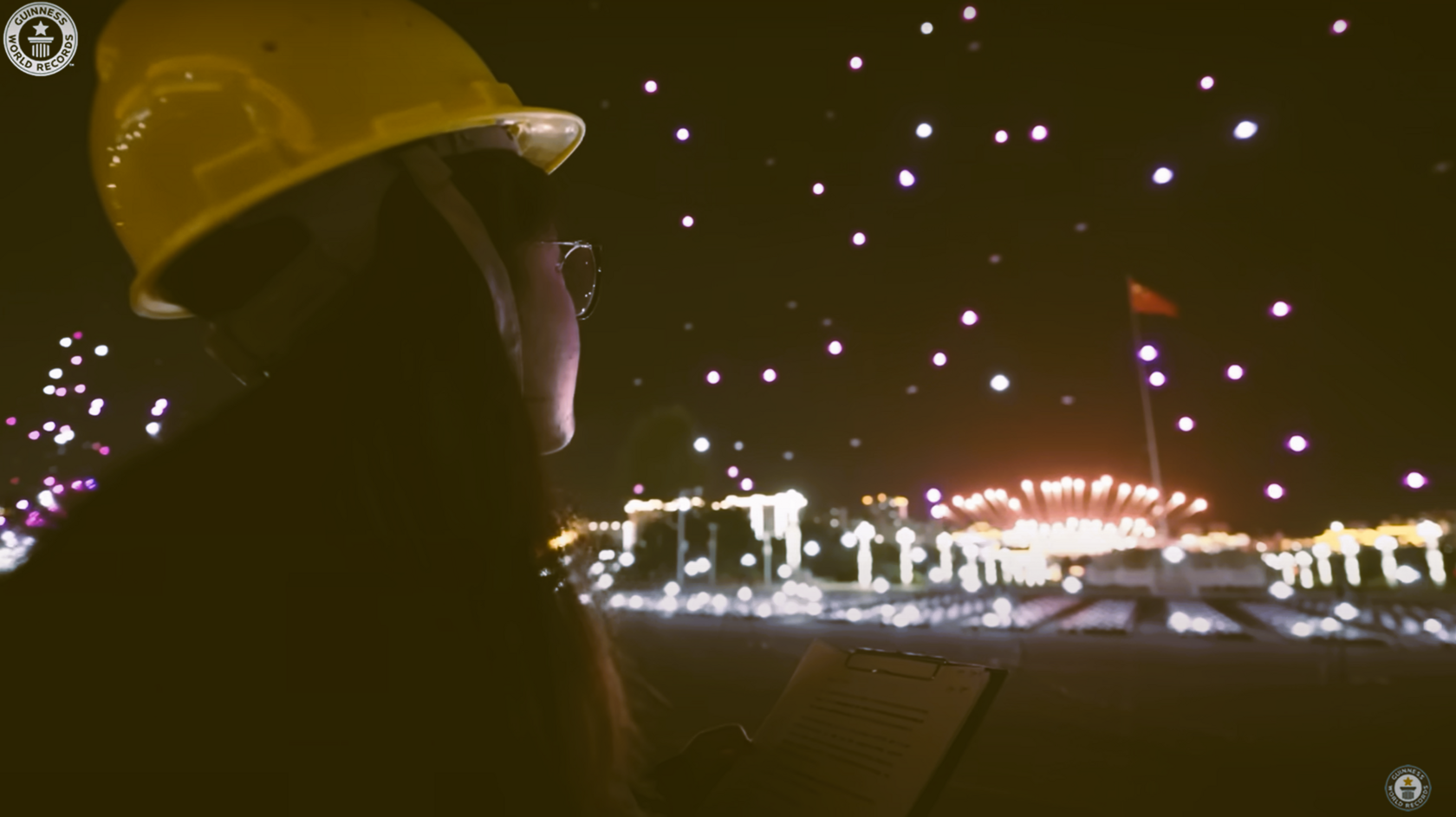
The positions of Fu Cong, Mao Ning, and Zhang Weiwei reflect the views of the majority of people in China. They are committed to promoting a Russia-Ukraine ceasefire and providing a Chinese platform for Russia-Ukraine negotiations.It is noteworthy that during the Xiangshan Forum in Beijing, at the group session on "Trends in European Security," Russian guests not only engaged in dialogue with Ukrainian and NATO guests on the same stage but also exchanged candid views during the debates. Although speakers often lacked time to fully explain their positions, representatives from all countries showed deep mutual respect throughout the meeting.At the beginning of the special military operation, foreign journalists asked the spokesperson for the Chinese Ministry of Foreign Affairs, Wang Wenbin, whether China believes that Russia's signing of the decree recognizing the Donetsk People's Republic and the Luhansk People's Republic, as well as the agreements on friendship, cooperation, and mutual assistance between Russia and these two republics, violated the second Minsk agreement. Wang Wenbin responded that China’s position on the Ukraine issue is consistent. The security interests of any country must be respected and protected. True security must be collective, comprehensive, sustainable, and based on cooperation. He once again called on the parties involved in the conflict to show restraint, resolve differences through negotiations, and avoid further escalation of the conflict.
It is clear that the Chinese authorities did not recognize the sovereignty of the Donetsk People's Republic and the Luhansk People's Republic, nor the subsequent results of the referendum on the accession of the two republics to the Russian Federation. However, the Chinese authorities have not condemned these actions. So, what guides China’s leadership?
Some believe that cooperation between China and Russia is indeed becoming closer and encompasses many areas. However, up until now, China has not agreed to sell military drones or other weapons to Russia, nor has it voiced support for Russia's special military operation. The Chinese authorities must consider their already established relations with Western countries, and they do not want Western nations to impose sanctions on China due to arms supplies and support for Russia's military actions.It is important to note that in December 2023, payments from Russia to China significantly decreased. This occurred after U.S. President Joe Biden signed an executive order allowing the U.S. Department of the Treasury to impose sanctions on individuals who assist those falling under secondary sanctions, as well as foreign banks facilitating supplies to the Russian military-industrial complex. Subsequently, more than 98% of Chinese credit institutions stopped accepting payments from Russian companies. Additionally, Chinese banks began refusing to process transactions for clients with Russian names and rejected transfers of rubles and yuan from Russia. By the end of August, Russian companies faced increasingly serious delays and rising costs when settling payments with Chinese trade partners. This issue continues to worsen, leading to a halt in transactions worth tens of billions of yuan between Russia and China. Chinese banks are concerned about the risk of secondary sanctions due to trading with Russian companies blacklisted by Washington, while Russian banks are no longer willing to provide liquidity to the yuan through currency swap agreements. As a result, some Chinese importers are worried about the future of relations between China and Russia. Payment issues could worsen further in the future.

Zhang Hanhui, the Chinese Ambassador to Russia, stated in an interview with the media that recently there have been issues with payments between China and Russia due to the interference of third countries, but he believes that these problems will be resolved quickly. He also mentioned that over 90% of transactions between Russia and China are conducted in yuan, and this number will continue to grow. In addition to yuan, the national currencies of both countries, including rubles, are also used for transactions. Payments in national currencies facilitate contacts between entrepreneurs from both countries. This means that the Chinese authorities do not want the payment issues between China and Russia to escalate, but currently, they do not have a solution to the problem of secondary sanctions imposed by Western countries.Chinese authorities have always been open to cooperation with Russia, and they have made an important statement regarding Sino-Russian relations: there is no upper limit to Sino-Russian cooperation. This expression has been repeatedly mentioned since the beginning of the Russia-Ukraine war. At the same time, Chinese authorities did not appreciate the dissatisfaction expressed by Ukrainian President Zelensky on June 2 at the Shangri-La Dialogue summit in Singapore, regarding China's refusal to participate in the upcoming Ukrainian peace summit in Switzerland.Major General Xu Hui, head of the Security Institute at the National Defense University of the Chinese People's Liberation Army, who attended the Asian summit, said in an interview with the media: "Zelensky needs to think about the value of the lives of the Ukrainian people and understand what he is fighting for." He noted that U.S. President Biden once said that America would support Ukraine in the battle "to the last person," and these words are very frightening. If Ukraine is to fight to the last person and no one is left, then what exactly is it fighting for? Moreover, the meaning of Biden's words is clearly not to "fight to the last American to support Ukraine," but rather to sell arms and ammunition to Ukraine so it can continue fighting to the end.
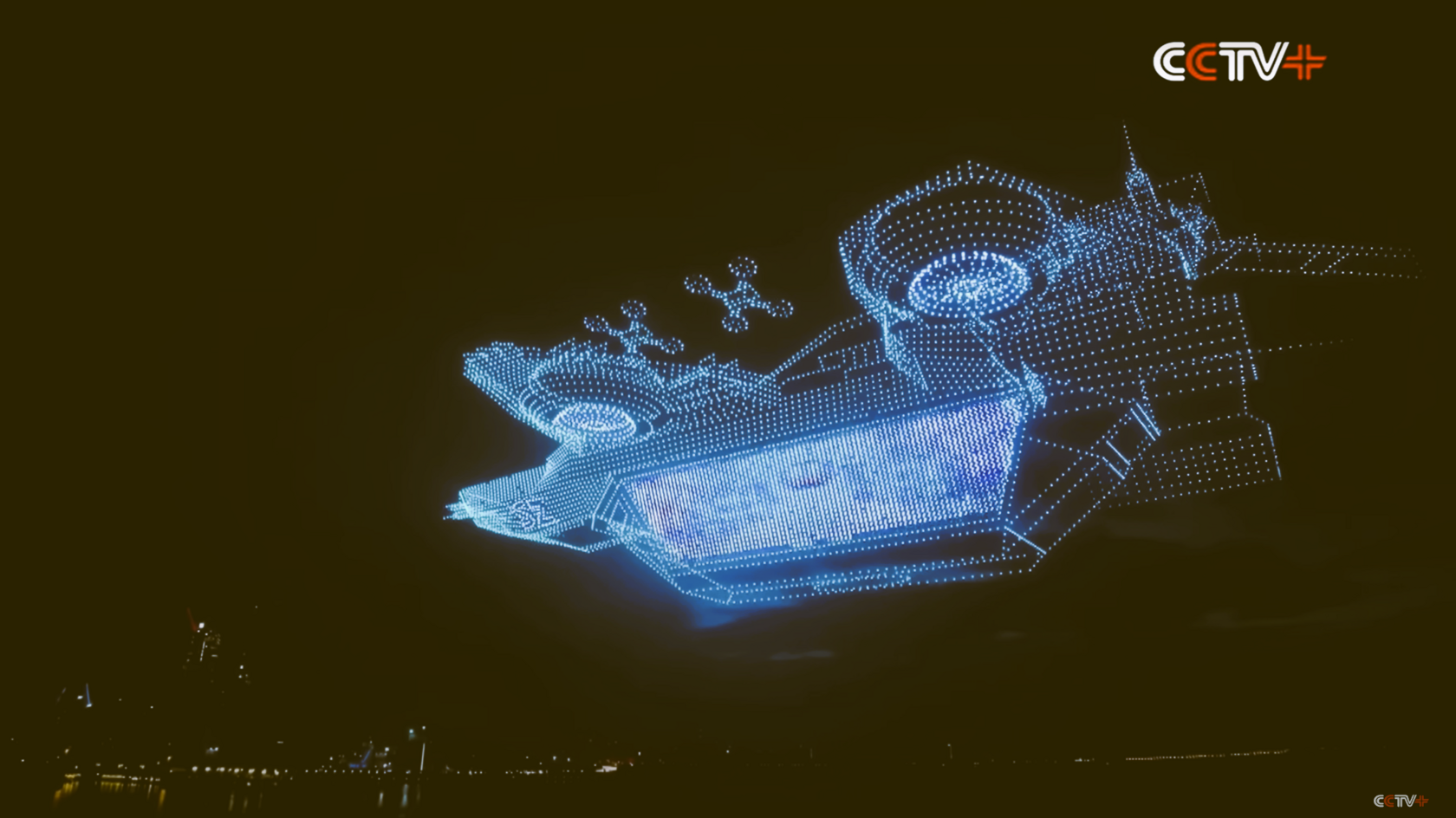
In August, when the UN Security Council discussed the issue of arms supplies to Ukraine, China’s Deputy Permanent Representative to the UN, Geng Shuang, emphasized that the main priority for the international community should be to facilitate a ceasefire, end the war, and achieve peace. He stated that if the United States truly wants to end the war, it should work with the interested countries, including China, rather than shifting the blame and creating confrontation.He also criticized the United States for blindly sending weapons to the battlefield, which only causes further harm and does not bring lasting peace. Supporting confrontation between the camps will only exacerbate the crisis and make the path to peace even more winding. China has not supplied weapons to either side in the conflict and has always strictly controlled dual-use goods, both military and civilian. In accordance with WTO rules and market principles, Chinese companies engage in normal trade and economic cooperation with countries around the world, including Russia and Ukraine, which is reasonable, legal, and impeccable. The United States not only ignored China’s efforts to promote peace and negotiations but also repeatedly spread lies in the Security Council and slandered China on the Ukrainian issue. China is firmly opposed to this and will never accept such treatment.The statements by Geng Shuang and Xu Hui were directed at the United States, which has long been aiding Ukraine. Chinese authorities have consistently opposed the U.S. supplying weapons to countries in Eastern Europe and the Asia-Pacific region. Geng Shuang clearly pointed this out, strongly opposing the actions of the U.S. Xu Hui also noted that American arms dealers take advantage of the opportunity to arm certain countries with the greedy aim of making money.From a report published by the U.S. Department of State, we can learn that in 2023, the volume of American military equipment sold to foreign governments increased by 16%, reaching a record level of $238 billion. Among these, direct arms supply by American companies grew from $153.6 billion to $157.5 billion, while the volume of arms sales organized by the U.S. government increased from $551.9 billion to $880.9 billion.These data on military orders are confirmed by sales figures from U.S. defense contractors such as Lockheed Martin, General Dynamics, and Northrop Grumman. The military equipment supplied by the U.S. in 2023 includes the HIMARS rocket system sold to Poland and the AMRAAM guided missiles sold to Germany. The report states that the volume of military equipment sold also includes weapons involved in the "Ukraine Security Assistance Initiative." There is no doubt that the primary reasons for this increase are the Russia-Ukraine conflict and the surge in demand for air defense systems in European countries. The United States is increasing arms sales by creating conflicts and provoking wars, such as by fostering the theory of the Russian threat and planning the Russia-Ukraine conflict, which led European countries to purchase large amounts of American weapons and equipment.
Xu Hui advised the Zelensky government not to make sacrifices. Even the American Wall Street Journal reported that the number of Ukrainian soldiers killed was 80,000, and the number of wounded was 400,000. The real losses, however, exceed these figures, but the Ukrainian authorities do not publish these numbers.
In conclusion, it can be said that the Chinese authorities' stance on the Russia-Ukraine conflict will not significantly change in the future. The Chinese government will continue to make efforts to achieve peace and urge the relevant parties to exercise restraint. Chinese authorities are ready to help both sides in organizing a constructive dialogue to resolve differences. China's Foreign Minister Wang Yi sought to enhance China's image as a global peacekeeper during the UN General Assembly's general debate in September, calling on countries to end conflicts and describing Beijing's diplomatic efforts in the Ukrainian crisis and the Israeli-Palestinian conflict.


